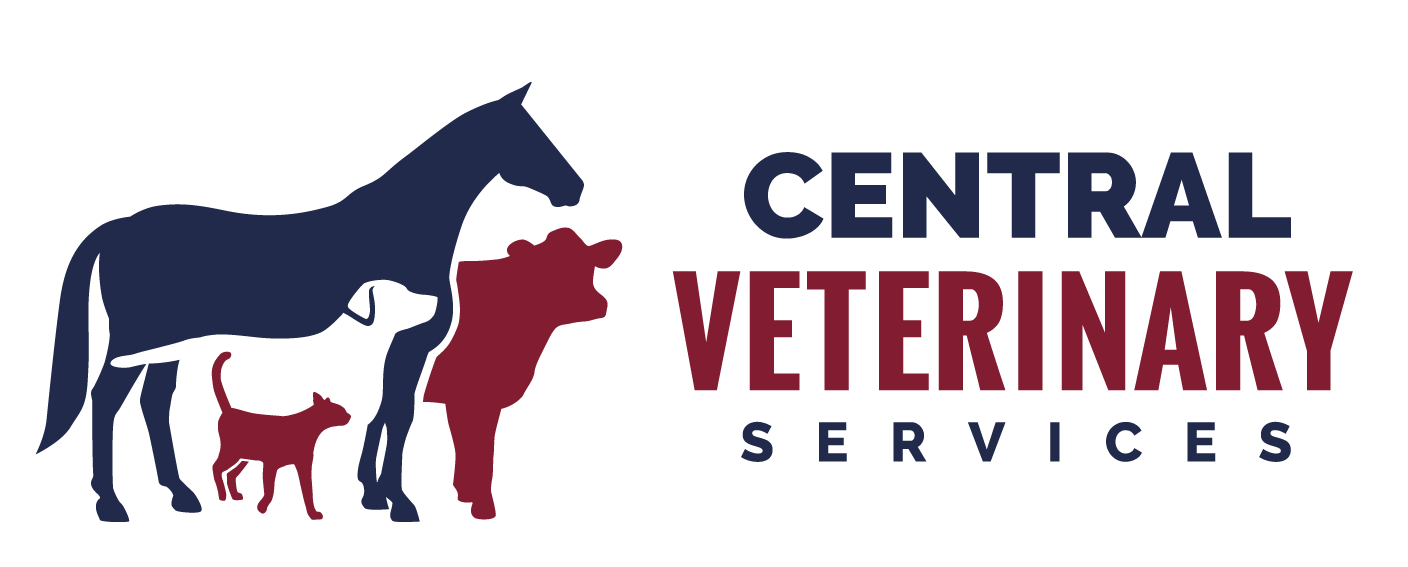One Health
What exactly does One Health mean?
The term “One Health” is described as a collaboration between multiple disciplines for optimal health for humans, animals and their physical and social environment. From a veterinary standpoint, One Health aims to improve the health and welfare of the client by providing health services and community connections that matter to them. By amplifying health messages through veterinary care, the One Health community hopes to engage pet owners in care for themselves and vice versa.
Public Health described by The World Health Organization
“Public health refers to all organized measures (whether public or private) to prevent disease, promote health, and prolong life among the population as a whole. Its activities aim to provide conditions in which people can be healthy and focus on entire populations, not on individual patients or diseases.” At Central Veterinary Services, we believe that the human-animal bond is not reserved for those of elevated social status. We are a One Health veterinary practice, and we value the positive impact that animals have on their human counterparts and vice versa. As such, we align ourselves with volunteer initiatives that promote our values, such as Community Veterinary Outreach and the Winnipeg Humane Society.
One Health & Central Vet
One Health, Public Health,
and Our Clinic
Individual health is affected not only by our genetics and personal lifestyle choices but also by the environment around us. Where our health care system is there to help us when we are sick, our public health system strives to prevent illness from occurring. The Public Health Agency of Canada explains that our public health system has a responsibility to help protect Canadians from injury and disease and for helping them stay healthy, allowing Canadians to live longer healthier lives. If this system is working, fewer people will become sick or injured. Public health systems are responsible for health emergencies (outbreaks and disasters/bioterrorism etc.), chronic disease and injury prevention and finally, health promotion (including the formation of government policies that affect our health).
This brings us back to how the veterinary profession specifically can play a role. Human health is inextricably linked to animal health. Veterinary public health is incredibly wide-reaching in its domains, and its presence worldwide in everyday life is undeniable. But how can a simple mixed animal veterinary clinic, such as Central Veterinary Services, contribute? We can indeed play a very important, very active role in the public health system in several ways:
Educating the Public About Zoonotic Diseases (diseases that can be passed between animals and humans)
Rabies virus, intestinal parasites, and many bacteria are a few examples of disease-causing agents that can infect both humans and animals. Routine rabies vaccination and parasite prevention recommendations are standard procedure for every animal passing through our doors. It is also our responsibility to make owners aware when their pet may have an infection that can be transmitted to human members of the household.
Population Control
By keeping populations of dogs and cats under control through spaying and neutering, we can directly decrease disease in these populations, many diseases that can be passed on to humans. It will also decrease the incidence of feral animals that can form packs and directly threaten human lives.
Promoting Animal Health
By keeping diseases such as rabies and intestinal parasites at bay in our companion animals through vaccinations and deworming treatments, we directly decrease the amount of these disease-causing agents in the environment, thus decreasing the likelihood of human infection. This also includes preventing and treating behavioural disorders in our companions. These disorders can break the human-animal bond leading to the distress of the human caregiver as well as direct aggression that can result in animal attacks on humans
Strengthening the Human-Animal Bond
In general, our pets need us, but we need our pets too. It has been proven that animals improve mood and can help combat a variety of mental illnesses, as well as directly help with several other conditions (epilepsy, blindness, diabetes, etc.). By keeping our companion animals happy and healthy, they can continue to do their “job” in providing unconditional love and support to their caregivers.
Promoting the Prudent Use of Antimicrobials and Parasiticides
By promoting the appropriate use of antimicrobial (antibiotics) in our patients, we not only help to prevent the development of antibiotic resistance in veterinary medicine but also in the human medical field. By using diagnostics such as in-house cytology, fecal analysis, urinalysis, culture and sensitivity, we can determine whether an antibiotic is required for treatment. We may also choose the most appropriate type of antibiotic and duration of treatment. This applies to companion animal medicine as well as agricultural practice. Beyond the scope of antibiotics, we apply the same approach to the use of parasiticides. In recommending scheduled fecal analyses for dogs, cats, horses, etc., we are able to select the appropriate parasiticide treatment for that particular animal. There are times when a fecal analysis is negative, and the use of a parasiticide is avoided completely, thus avoiding the unnecessary use of medication in an otherwise healthy animal. This is of particular importance with regards to deworming schedules in horses, as more parasitic resistance to commonly used drugs emerges across North America.
Articles About General Public Health Issues
Community Veterinary Outreach: www.vetoutreach.org
Global Alliance for Rabies Control: www.rabiesalliance.org/world-rabies-day
The One Health Initiative: www.onehealthinitiative.com/index.php
Clostridium Difficile information: www.veterinarypartner.com/Content.plx?P=A&A=3552
The Canadian Veterinary Medical Association (CVMA) links to Antimicrobial Stewardship: www.canadianveterinarians.net/policy-advocacy/antimicrobial-stewardship-cvma-priority
